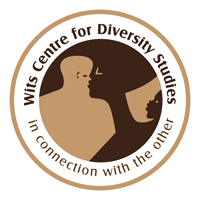DST-NRF SARChI Chair
Professor Melissa Steyn holds the South African National Research Chair in Critical Diversity Studies
National strategic planning has recognised that in order to create wealth for the nation in the context of globalisation, human resource development has to be prioritised, especially in the context of the shift towards knowledge economies. Of particular concern nationally is the continuing -- sometimes subtle, yet systemic and pervasive -- underdevelopment and even exclusion of those groupings historically marginalised in almost all spheres of economic activity, but notably in key areas of knowledge innovation.

